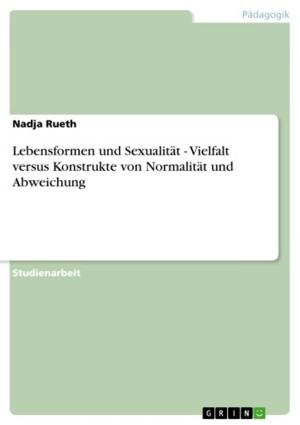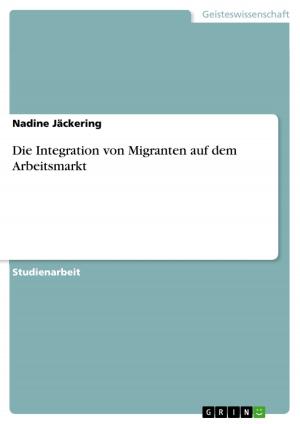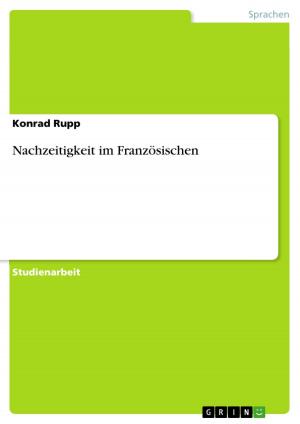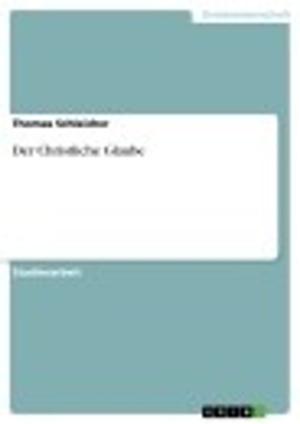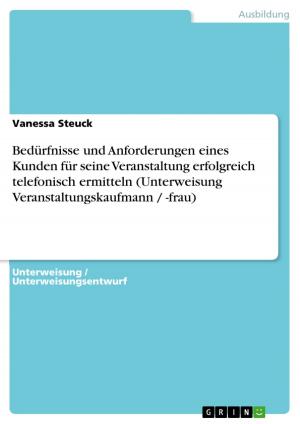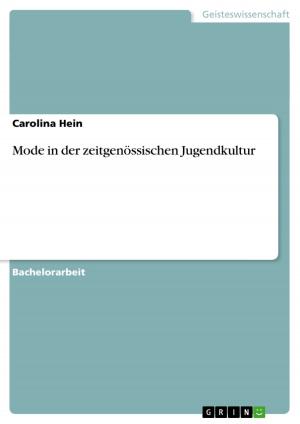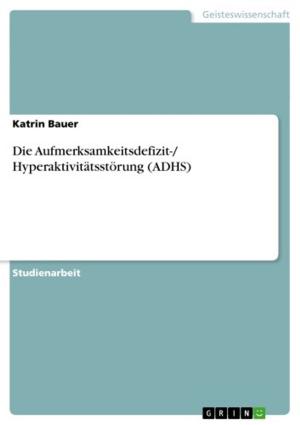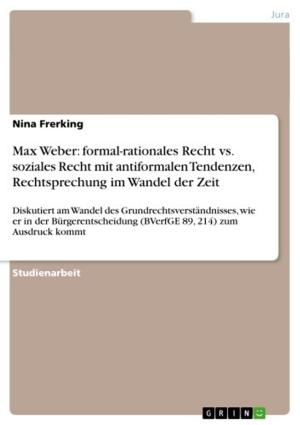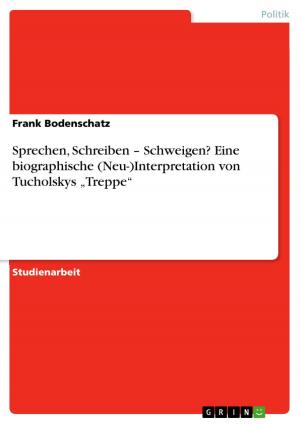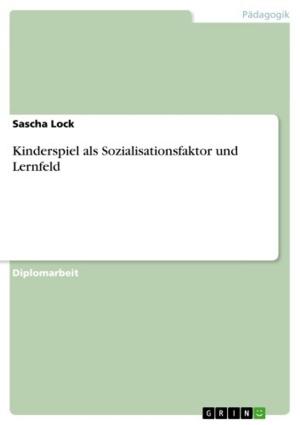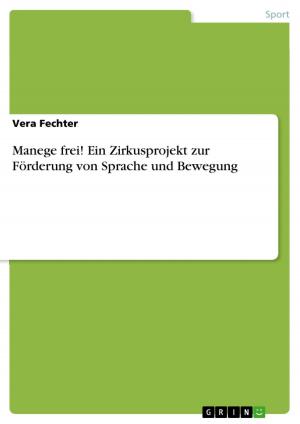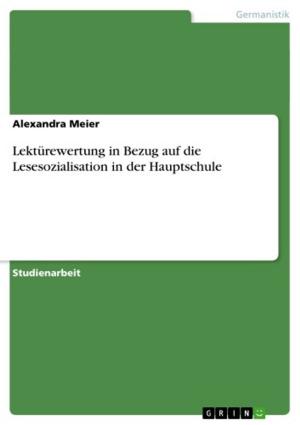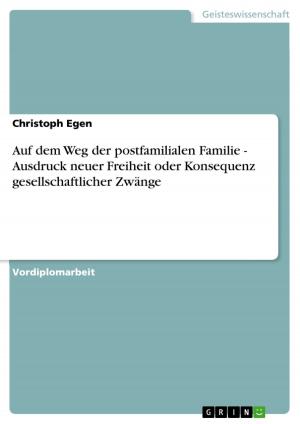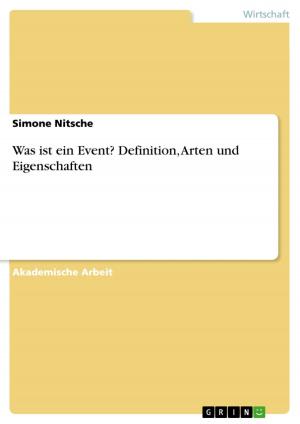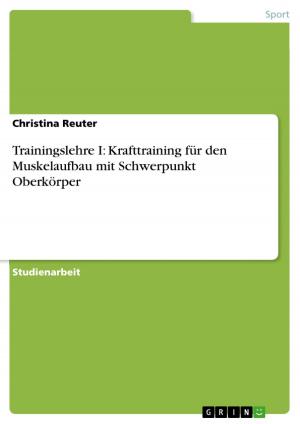LOLspeak Verb Semantics. Aspect and Situation Type Emphasis in a Weird English Dialect
Nonfiction, Entertainment, Drama, Anthologies| Author: | Marc Backhaus | ISBN: | 9783656890928 |
| Publisher: | GRIN Verlag | Publication: | February 4, 2015 |
| Imprint: | GRIN Verlag | Language: | English |
| Author: | Marc Backhaus |
| ISBN: | 9783656890928 |
| Publisher: | GRIN Verlag |
| Publication: | February 4, 2015 |
| Imprint: | GRIN Verlag |
| Language: | English |
Seminar paper from the year 2014 in the subject English Language and Literature Studies - Linguistics, grade: 1,3, Humboldt-University of Berlin (Institut für Anglistik & Amerikanistik), course: SE Verb Semantics, language: English, abstract: LOLspeak has established itself as a remarkably distinct form of online English language. The dialect used in memes with LOLcats has developed from being a Netspeak offspring slang used 'to make amusing text for funny cat pictures' to a language phenomenon with 'regularities and patterns' that make it 'a complex and systematic reimagining of the English language'. It has transgressed its meme boundaries and manifested in commentary forums, the bible rewrite 'LOLcat Bible Translation Project' - and has become the subject of a number of academic works. From a verb semantic point of view, LOLspeak jumps directly into the eye with its simplification and regularisation of verbs. The dialect in fact seems to be putting strong emphasis on the verb and its function amidst a sentence by shifting not only several grammatical components, but in this way also the aspect & situation type the verb and its correlating items in a sentence operate in. In doing so, it seems to be stressing the importance of the verb in this context as well as making aware of what in fact and in detail composes the aspect and situation type of a sentence. Is LOLspeak threfore a dialect of English that is worth appraising linguistically for its instructive & educational value - or is it a simple 'language play' that rather bears the contrary effect and degenerates the English language with its shifting and breaking of linguistic rules?
Marc Backhaus was born 1990 in Cologne to Peter and Carola Backhaus. Moving houses repeatedly during his childhood, he grew up in Schleswig-Holstein and Marham, England. Finding a love for poetry, theatre, literature and languages he moved to Berlin in 2010 to study English and Media Science at Humboldt University. He is currently completing his BA degree and aspiring to become an author and musician.
Seminar paper from the year 2014 in the subject English Language and Literature Studies - Linguistics, grade: 1,3, Humboldt-University of Berlin (Institut für Anglistik & Amerikanistik), course: SE Verb Semantics, language: English, abstract: LOLspeak has established itself as a remarkably distinct form of online English language. The dialect used in memes with LOLcats has developed from being a Netspeak offspring slang used 'to make amusing text for funny cat pictures' to a language phenomenon with 'regularities and patterns' that make it 'a complex and systematic reimagining of the English language'. It has transgressed its meme boundaries and manifested in commentary forums, the bible rewrite 'LOLcat Bible Translation Project' - and has become the subject of a number of academic works. From a verb semantic point of view, LOLspeak jumps directly into the eye with its simplification and regularisation of verbs. The dialect in fact seems to be putting strong emphasis on the verb and its function amidst a sentence by shifting not only several grammatical components, but in this way also the aspect & situation type the verb and its correlating items in a sentence operate in. In doing so, it seems to be stressing the importance of the verb in this context as well as making aware of what in fact and in detail composes the aspect and situation type of a sentence. Is LOLspeak threfore a dialect of English that is worth appraising linguistically for its instructive & educational value - or is it a simple 'language play' that rather bears the contrary effect and degenerates the English language with its shifting and breaking of linguistic rules?
Marc Backhaus was born 1990 in Cologne to Peter and Carola Backhaus. Moving houses repeatedly during his childhood, he grew up in Schleswig-Holstein and Marham, England. Finding a love for poetry, theatre, literature and languages he moved to Berlin in 2010 to study English and Media Science at Humboldt University. He is currently completing his BA degree and aspiring to become an author and musician.

